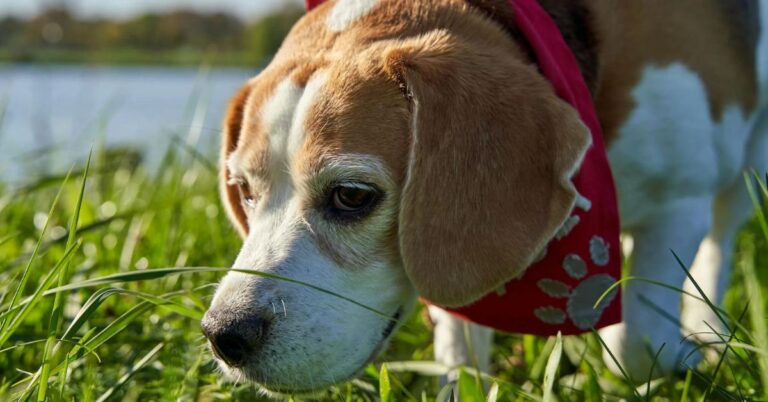How to Handle Bedwetting in Dogs Effectively

Nothing ruins a morning like discovering your dog has had an accident during the night. But don’t worry! With a bit of patience and practical strategies, you can help your dog overcome nighttime bedwetting. Here are ten detailed tips to manage and prevent those overnight accidents while ensuring your dog stays healthy and happy.
Rule Out Medical Conditions
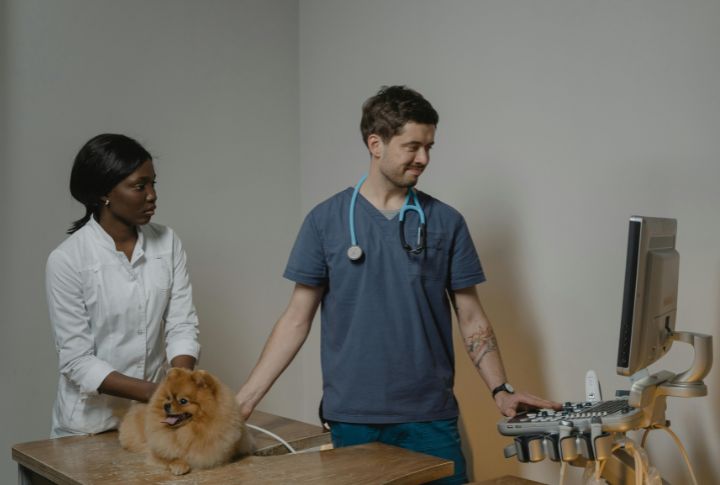
When your dog starts peeing in their sleep, the first step is to visit a veterinarian. Many medical conditions could be the cause, such as urinary tract infections, bladder stones, or hormonal imbalances like spay incontinence. Your vet may recommend some tests to check for any underlying health concerns.
Regulate Water Intake
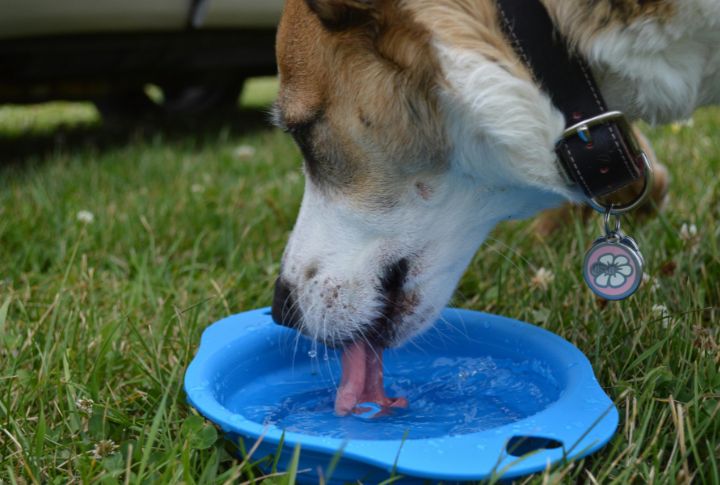
Managing how much water your dog drinks, especially in the evening, can make a big difference. Dogs need to stay hydrated, but too much water right before bed can overwhelm their bladder. Try giving your dog plenty of water throughout the day and reduce access about 2 hours before bedtime.
Enforce Late-Night Bathroom Breaks
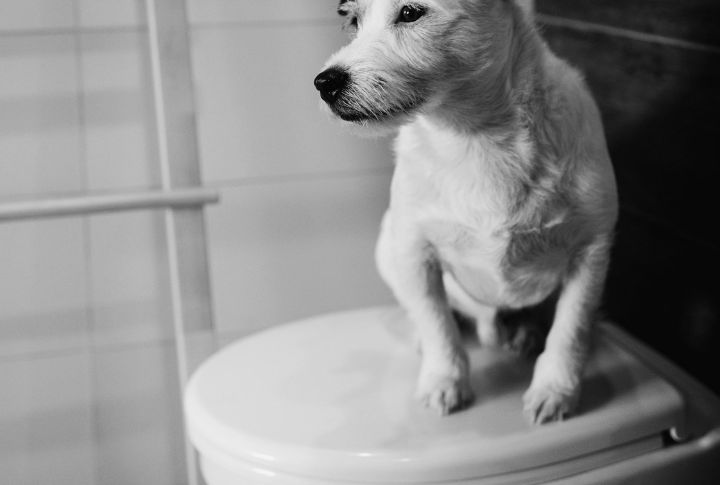
Establishing a solid nighttime bathroom routine is key for dogs prone to bedwetting. Make sure your dog gets one final bathroom break right before they settle down for sleep. You might even need to wake them up for a quick trip outside if accidents happen frequently. Positive reinforcement helps encourage your dog to empty their bladder.
Consider Waterproof Bedding
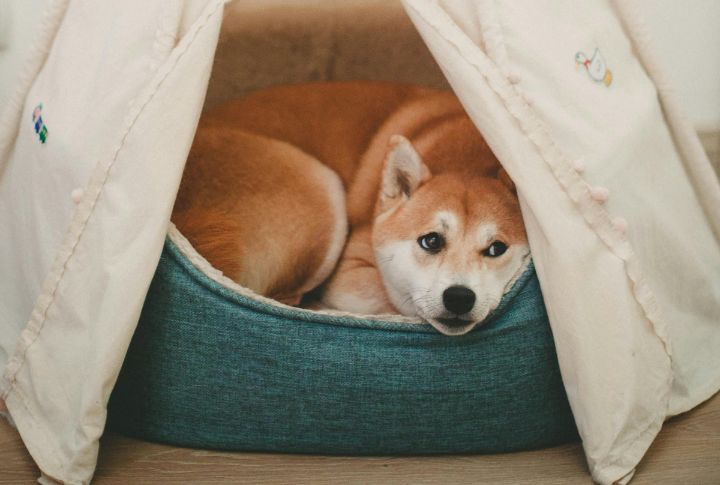
Accidents can still happen, even with the best efforts. To make life easier (and cleaner), invest in waterproof covers for your dog’s bed or your mattress if they sleep with you. Many waterproof liners are soft and designed to protect against leaks without causing discomfort. You could also use washable pet beds with removable liners.
Doggy Diapers or Belly Bands
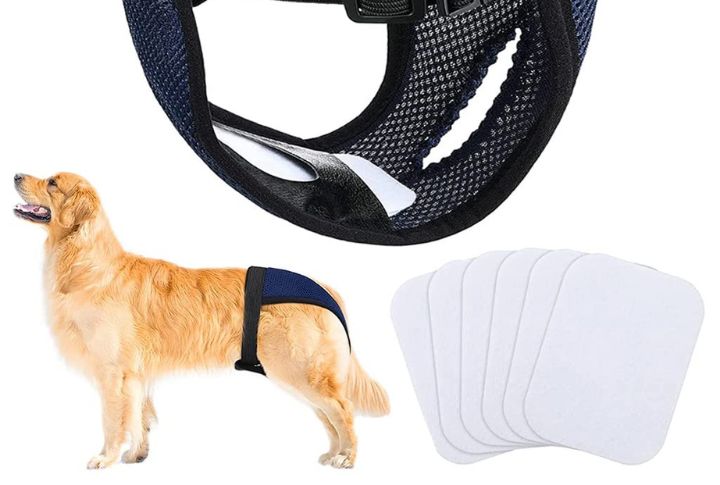
For dogs who struggle with incontinence, doggy diapers or belly bands can offer a practical solution. Diapers are particularly helpful for female dogs, while belly bands are designed for males. These products come in disposable or washable varieties and can keep your dog comfortable while preventing messes during the night.
Create a Stress-Free Environment
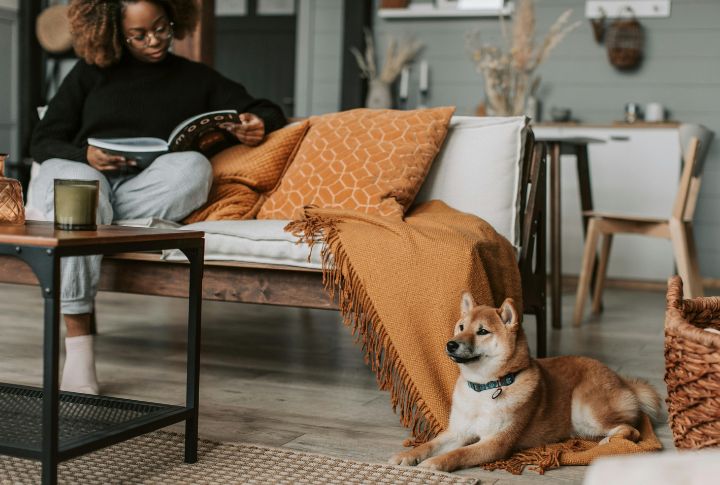
Anxiety is often overlooked as a reason for nighttime accidents. Dogs may pee in their sleep due to stress, especially in a new environment or after a significant change in their routine. Creating a calm and cozy sleep space for your dog can make a world of difference.
Monitor for Incontinence Symptoms
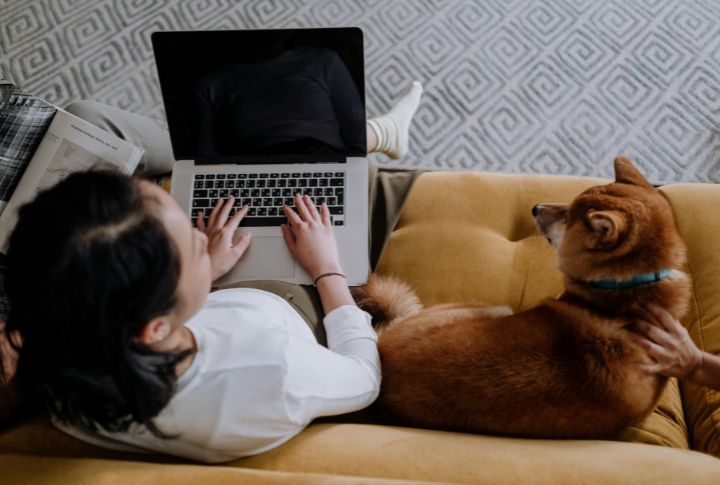
Suppose your dog’s bedwetting happens alongside other symptoms like frequent urination or licking around the genital area. This condition is common in elderly dogs but can also occur after spaying or due to certain neurological disorders. Keeping a close watch on your dog’s behavior will help you catch these signs early.
Switch to a Bladder-Friendly Diet
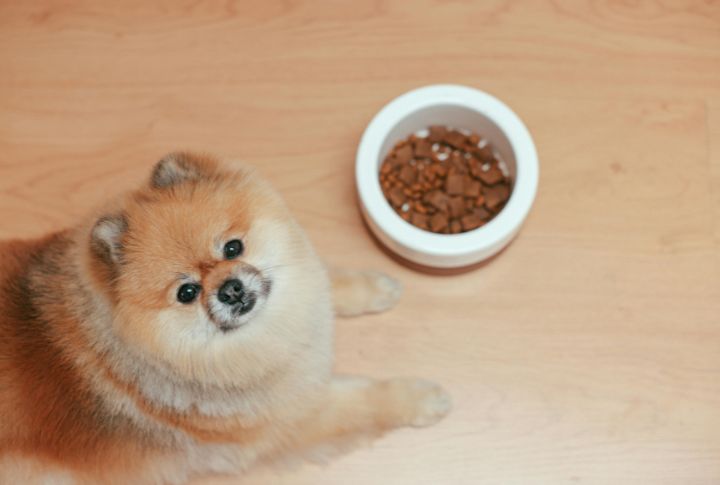
Believe it or not, your dog’s diet could influence their nighttime bladder control. Foods high in sodium or overly processed treats can increase thirst and lead to frequent urination. Opt for high-quality, balanced dog food that supports urinary health, especially if your dog is prone to urinary issues.
Use Potty Pads as a Backup
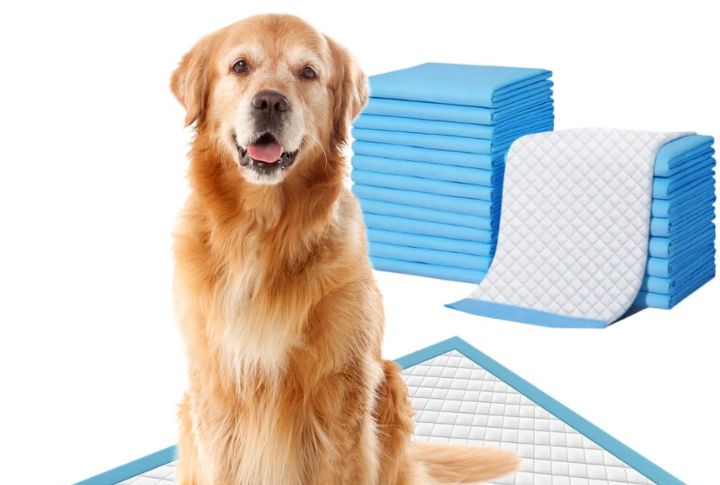
Potty pads can be a temporary solution if accidents are becoming too frequent. Place these pads in your dog’s sleeping area to help absorb any nighttime accidents and make cleanup easier. While this won’t solve the problem long-term, it’s a good option while you work on improving your dog’s bladder control.
Increase Evening Exercise
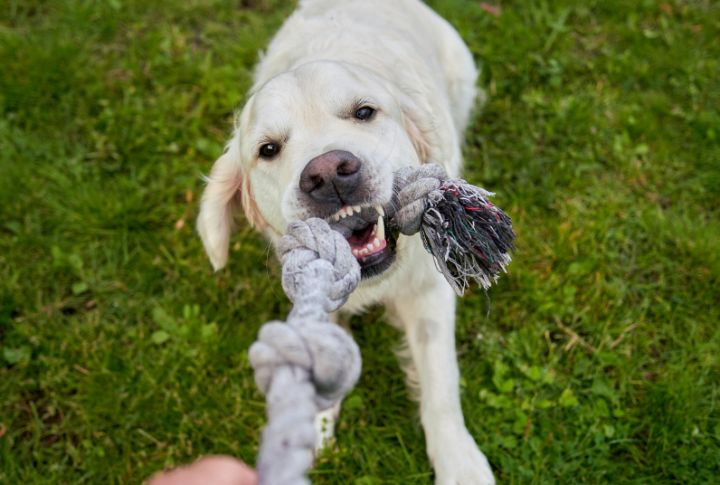
Regular exercise, particularly before bed, can help reduce anxiety and restlessness that might lead to bedwetting accidents. Take your pet for a short walk or engage them in some playtime an hour or so before sleep. This will help them release any piled-up energy and be less likely to wake up with a full bladder.




